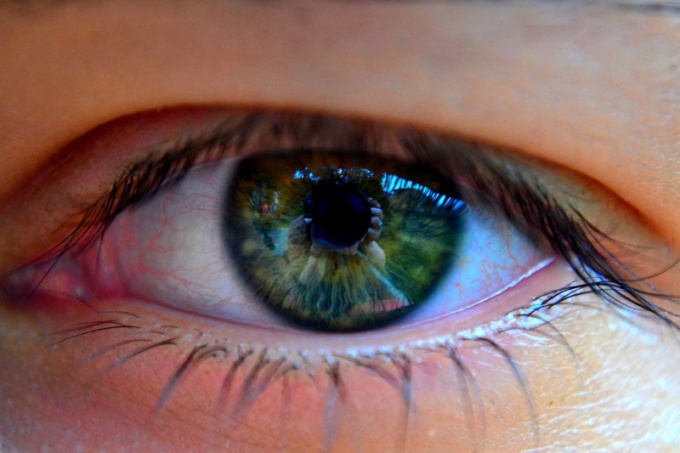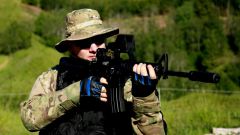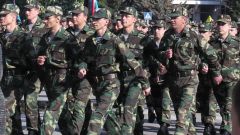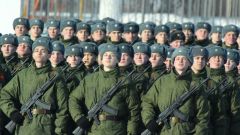The question of exemption from military service in connection with the presence of poor vision decided at a meeting of the draft Board. The degree of impairment of visual function of the recruit is determined in the process of passing the relevant medical specialist – an ophthalmologist. For the determination of the exemption it is necessary to establish categories of life "E" (unfit) or "B" (partially fit). In the process of inspection and identifying the date the medical specialist is guided by the criteria set out in paragraphs 34, 35 of the Schedule of diseases. Schedules approved by the special decree of the Russian Government, it is the main document in assessing the state of health of recruits.
In the presence of myopia any eyes from six to twelve diopters recruits the category "B", with the result that he is exempt from army. For the establishment of a category "D" the presence of myopia any eyes in excess of twelve diopters. If the recruit wants to release farsightedness, the process of medical examination, shall be revealed the violations of functions ranging from eight to twelve diopters. In this case we will set the limited suitability of the recruit and will follow the release of the service. To determine the category of the "unfit" would need to be identified farsightedness any eye more than twelve diopters.
The basis for obtaining the categories exempt from military service, are not only increased the degree of myopia or hyperopia, but also some other diseases. Thus, the detection of astigmatism (violation of the form of the cornea, lens or eye, which is difficult to focus on a specific object) with a difference of refraction from four to six diopters in either eye should be followed by the establishment of a category "In". If the difference of refractive any astigmatism greater than six diopters, then set complete disrepair for the service. In addition, the basis for release from the army may provide reduced visual acuity. The detection of this indicator is lower than 0.3 in one eye and below 0,09 (or blindness) on the other the category "D" which means the immediate release from military duty.
Exemption from the army for myopia and hyperopia
In the presence of myopia any eyes from six to twelve diopters recruits the category "B", with the result that he is exempt from army. For the establishment of a category "D" the presence of myopia any eyes in excess of twelve diopters. If the recruit wants to release farsightedness, the process of medical examination, shall be revealed the violations of functions ranging from eight to twelve diopters. In this case we will set the limited suitability of the recruit and will follow the release of the service. To determine the category of the "unfit" would need to be identified farsightedness any eye more than twelve diopters.
Other diseases of the visual organs
The basis for obtaining the categories exempt from military service, are not only increased the degree of myopia or hyperopia, but also some other diseases. Thus, the detection of astigmatism (violation of the form of the cornea, lens or eye, which is difficult to focus on a specific object) with a difference of refraction from four to six diopters in either eye should be followed by the establishment of a category "In". If the difference of refractive any astigmatism greater than six diopters, then set complete disrepair for the service. In addition, the basis for release from the army may provide reduced visual acuity. The detection of this indicator is lower than 0.3 in one eye and below 0,09 (or blindness) on the other the category "D" which means the immediate release from military duty.






